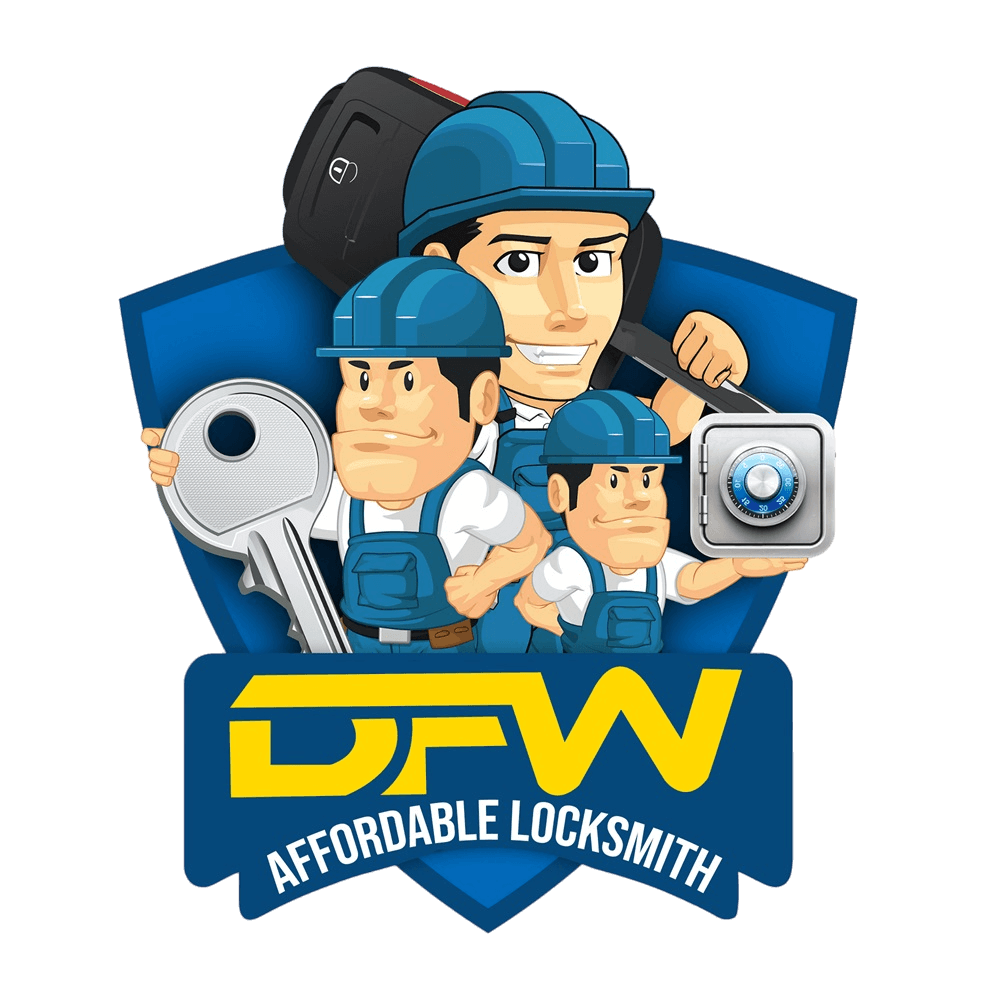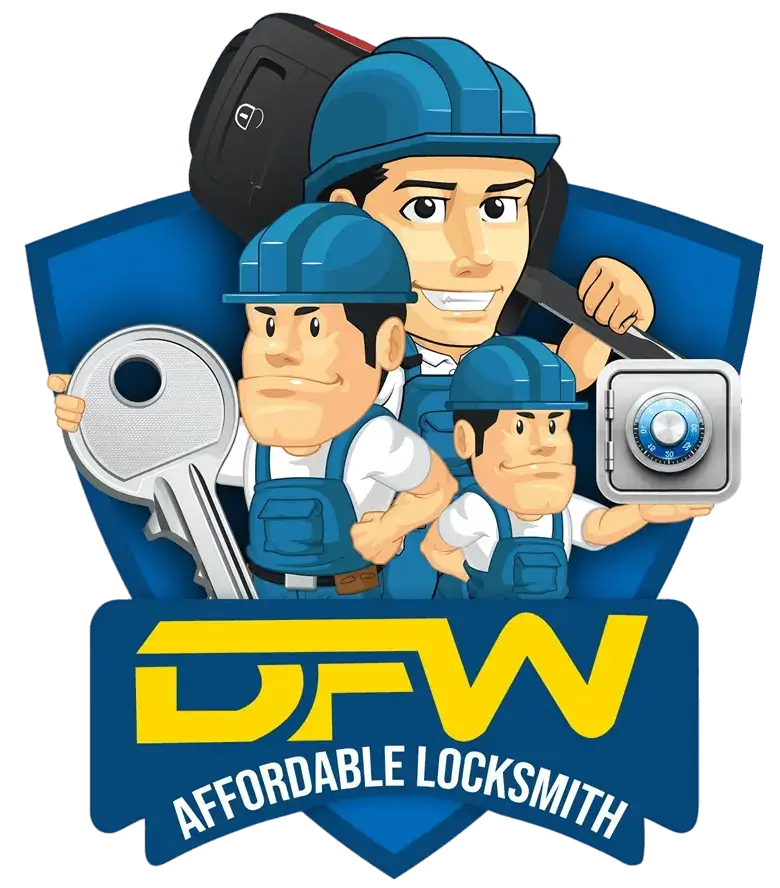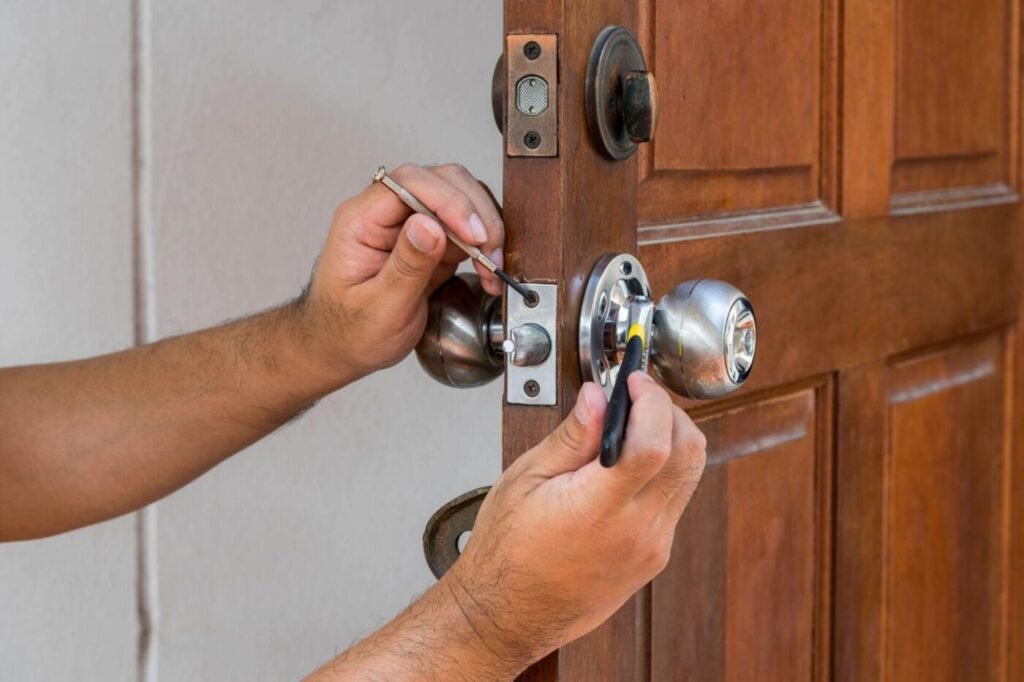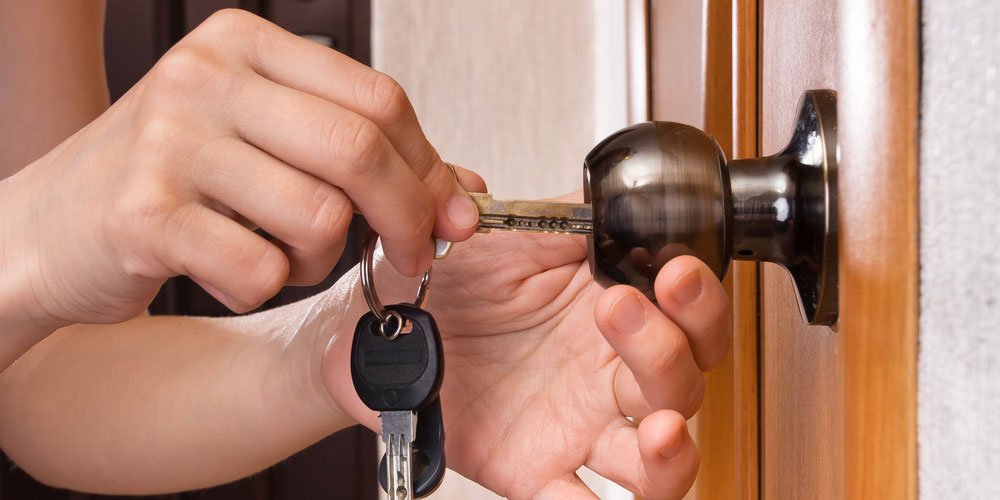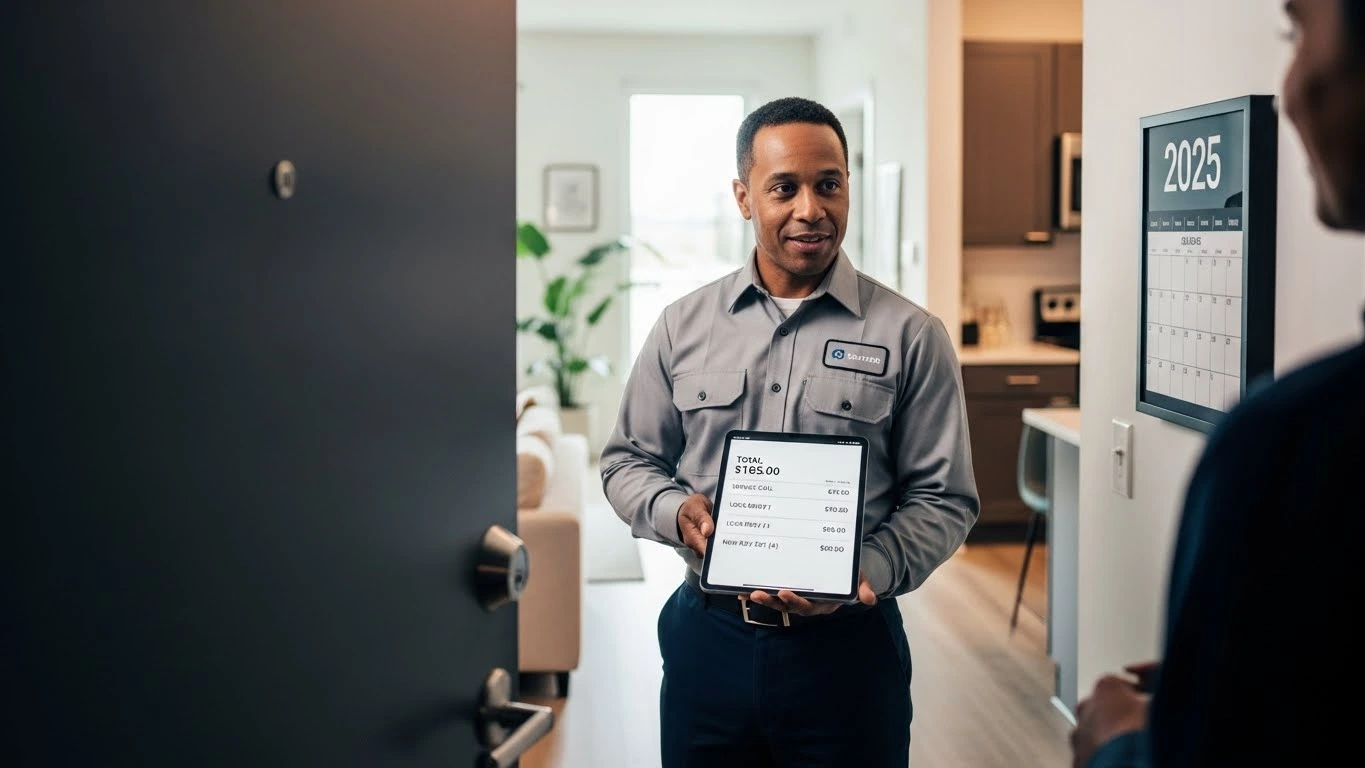Choosing between mechanical and electronic locks directly impacts your home security, convenience, and long-term peace of mind. For homeowners in Dallas–Fort Worth (DFW), this decision is especially important due to local crime trends, urban-suburban property mix, and Texas weather conditions that affect lock reliability.
If you’re researching the best way to secure your home in DFW, this article will help you understand which lock system works better for your needs and why. For expert assistance, you can also explore our Residential Locksmith services in DFW or discover Handy Tips to Improve Your Home Security.
.
Mechanical vs. Electronic Locks: Core Differences for DFW Homes
Understanding the differences between mechanical locks and electronic locks starts with how they work.
What Are Mechanical Locks?
Mechanical locks use physical keys and metal tumblers. They operate with no need for batteries or connectivity.
Components:
- Key-operated lock cylinder
- Deadbolt or latch bolt
- Reinforced steel/brass housing
What Are Electronic Locks?
Electronic locks rely on digital access methods like keypads, biometric readers, or apps.
Components:
- Keypad or touchscreen
- Biometric sensor (optional)
- Wi-Fi/Bluetooth for app integration
- Battery-powered locking mechanism
Excellent for smart homes and rentals in urban areas like Downtown Dallas. May require troubleshooting in power outage-prone areas like Haltom City if you’re in this area, our Locksmiths in Haltom City can help.
DFW Lock Comparison: Mechanical vs. Electronic
| Feature | Mechanical Locks | Electronic Locks | Best Fit for DFW Homes |
| Security Level | High physical resistance | Software encryption, remote alerts | Both depending on zone risk |
| Ease of Use | Manual key required | Keypad, fingerprint, app | Electronic for busy homes |
| Cost | $50–$150 per unit | $150–$400+ per unit | Mechanical for affordability |
| Installation | Basic DIY | Often needs professional setup | Mechanical for fast upgrades |
| Remote Access | Not available | Yes, via app integration | Electronic for smart homes |
| Power Source | No electricity needed | Battery or wired | Mechanical in storm-prone suburbs |
If you’re unsure about setup, explore Best Locksmiths in Dallas for professional lock installations and expert support.
Which Lock Is Safer for Dallas–Fort Worth Homes?
Mechanical Locks for Physical Security
- Provide strong resistance to kick-ins, bump keys, and manual tampering
- Work reliably in any weather, including Texas heat or power outages
Electronic Locks for Smart Security
- Allow remote control, scheduled auto-locking, and access monitoring
- Require robust encryption to prevent hacking or spoofing attempts
In high-crime areas like Oak Cliff or Haltom City, consider a hybrid solution: a mechanical deadbolt + smart electronic lock.
Lock Cost Breakdown for DFW Homeowners
Initial Costs
- Mechanical: $50–$150 per lock, DIY install
- Electronic: $150–$400 per unit, often needs expert help
If you’re unsure which is most cost-effective, our DFW residential locksmiths can guide you based on your home’s layout and budget.
Ongoing Maintenance
- Mechanical: Minimal upkeep, long lifespan
- Electronic: Battery replacement every 6–12 months, firmware updates
For areas with power reliability issues (e.g., Arlington, Haltom City), mechanical locks offer a lower-maintenance alternative.
Day-to-Day Use: Which Lock Offers More Convenience?
Key Management
- Mechanical: Physical key duplication required
- Electronic: Generate temporary codes or guest access from your phone
Power Dependability
- Electronic locks require charged batteries and working Wi-Fi
- Mechanical locks work in any power condition
Smart Home Integration
- Amazon Alexa
- Google Nest
- Apple HomeKit
- Ring security system
This is ideal for DFW homes already using home automation systems.
Local Factors to Consider in Dallas–Fort Worth
Neighborhood Crime Rates
- Smart locks with alerts work well in high-crime zones like East Dallas
- Reinforced mechanical deadbolts are effective in quiet suburbs like Keller or Grapevine
Use tools like SpotCrime.com or Dallas PD crime maps for area-specific decisions.
Weather Compatibility
- Mechanical locks tolerate Texas heat, rain, and humidity
- Electronic locks may suffer from battery drain or circuit failure in extreme weather
How to Choose the Right Lock for Your DFW Home
Ask yourself:
- Do I need remote access and app control?
- Is my property in a high-crime neighborhood?
- Am I tech-savvy or do I prefer simplicity?
- Do I live in a storm-prone or Wi-Fi limited area?
| Decision Factor | Mechanical Lock | Electronic Lock |
| Physical strength | YES | YES |
| Keyless access | NO | YES |
| Remote monitoring | NO | YES |
| Power independence | YES | YES |
| Smart home compatible | NO | YES |
| Budget-friendly | YES | NO |
Still unsure? We’ve written a full guide to improving home security in DFW with actionable strategies.
FAQs About Mechanical vs. Electronic Locks
Are electronic locks safer than mechanical ones?
Yes, if encryption is strong. Smart locks offer remote features; mechanical locks resist brute force better.
Do smart locks work in outages?
Yes, battery-powered models do. Most electronic locks use battery backup and remain operational.
Can a locksmith in DFW install smart locks?
Yes, including biometric and keypad models. Contact DFW Affordable Locksmith for installation support.
Which lock lasts longer?
Mechanical locks last longer. They use fewer moving parts and require no power.
Is upgrading to smart locks worth it?
Yes, for remote and guest access. Perfect for rentals or large households.
Are mechanical locks outdated?
No, still reliable and common. Especially good for older homes and budget-conscious owners.
Best lock for DFW apartments?
Smart locks offer more flexibility. Smart locks offer more flexibility. Renters gain from app control and temporary codes.
